SJI Grantee Spotlights

State Courts Response to Opioids and the Impact on Children
What if families facing a crisis could receive support before entering the court system? In 2019, the National Center for State Courts received funding to identify promising practices in state and local courts that aim to prevent removal through non-adversarial collaborative team approaches and timely access to treatment and services. The Family Preservation Initiative (FPI) in Rutherford County, Tennessee was one of the standout programs identified.
FPI transforms how communities support families by intervening before circumstances escalate to court involvement. When families experience challenges likely to result in a juvenile court petition, FPI staff step in to build relationships, learn about each family’s unique strengths and needs, and connect them to resources and services. This individualized approach keeps children safely with their families while providing the entire family with the support needed to overcome obstacles.
Referrals come from law enforcement, schools, community organizations, and families themselves. Families involved in FPI are not under court supervision; however, the court’s backbone support for the program helps build and sustain community partnerships essential for its success. By intervening early, FPI prevents family separation, minimizes trauma, and provides crucial support when families need it most. The documentary, “Together We Thrive: Championing Prevention Efforts with Tennessee’s Family Preservation Initiative,” offers a powerful look at FPI through the eyes of the families and professionals involved in the program. Their stories demonstrate how family-centered and prevention-focused approaches can create positive changes for children, families, and communities.
“What we really hope is that this would become the new norm, that this wouldn’t be just a pilot or a program or in a few places dotted around the county. But this would become the way that people want to intervene much sooner so that children never become part of the system.”
-Deborah Taylor Tate, Former Director, Tennessee Administrative Office of Courts
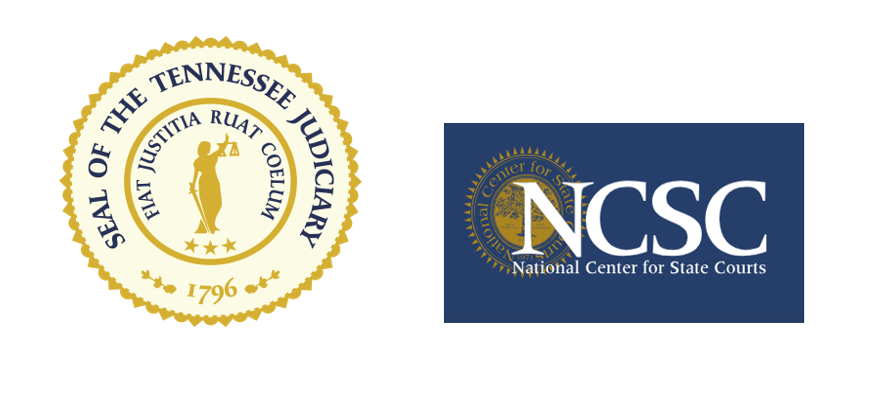
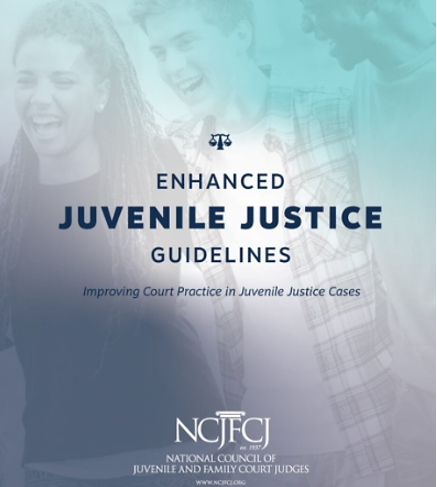
Update to the Juvenile Delinquency Guidelines – Processing Delinquency Cases in Juvenile Courts
June 1, 2024
What works with youth involved in the juvenile justice system? This is a question that has research pointing to some clear answers. Wrap-around services, a focus on youth skill development, and a well-coordinated case plan are all keys to helping youth successfully exit the justice system and become better citizens of their communities. But even …
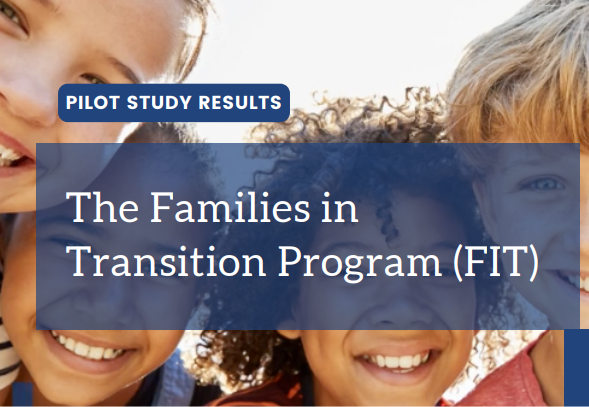
Reducing Conflict with Families in Transition
May 1, 2024
Judges in family courts handle the complex dynamics of familial conflicts, particularly in cases involving high parental conflict. Parenting education is essential, serving as a vital tool to ensure children’s well-being during parental separations and promote smoother family transitions. “The Families in Transition (FIT) Parenting Course,” a 1.5-hour online program designed to complement existing parenting …

The Housing Navigator Program
April 1, 2024
The Good Neighbor Emergency Assistance (GNEA) and the Iowa Judicial Branch have partnered to support The Housing Navigator Program. The Navigator at GNEA assists their clients in finding sustainable forms of housing assistance in Story County, Iowa, with the aim of preventing homelessness. They work with clients holistically to determine which programs offered by the …
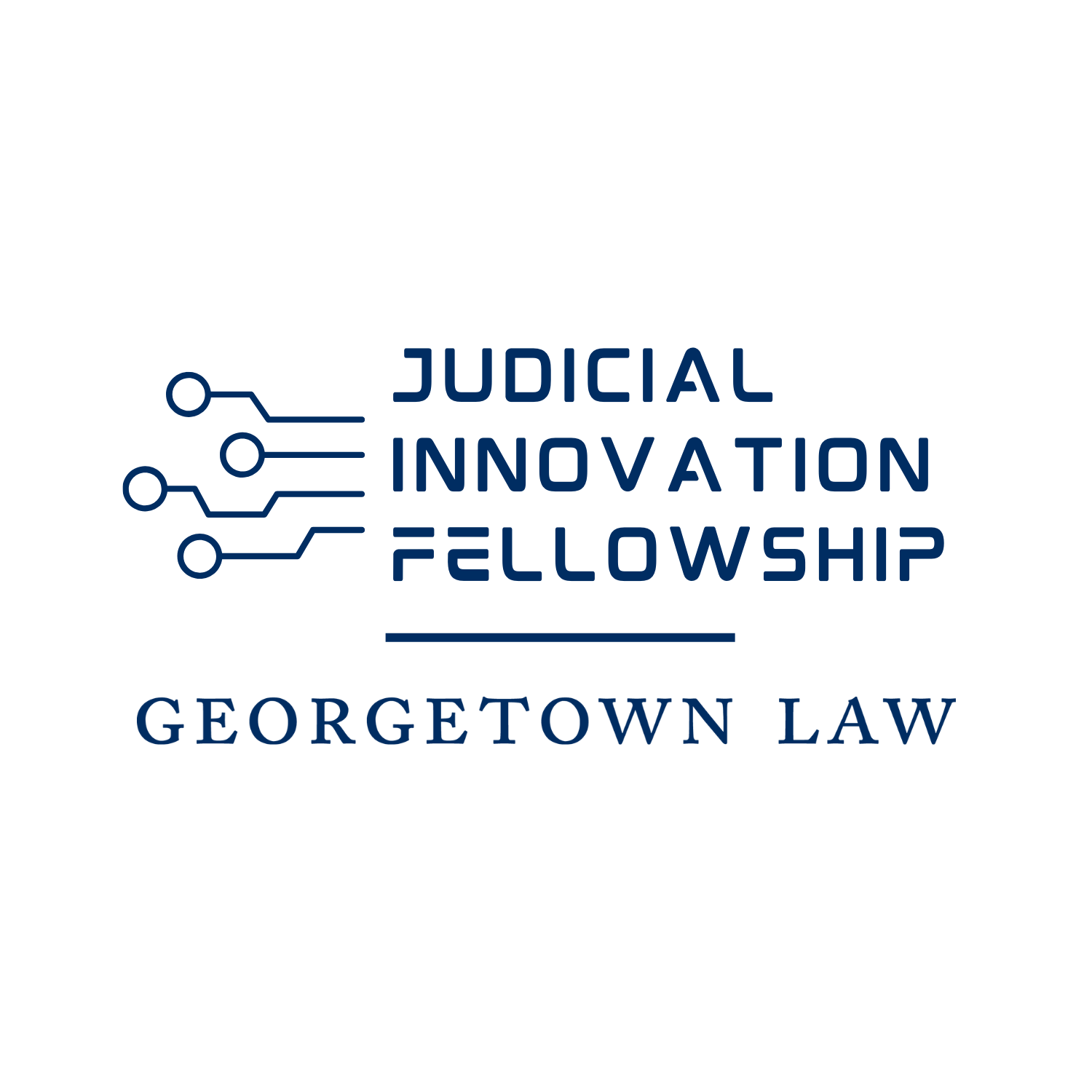
Judicial Innovation Fellowship Program
March 1, 2024
The Judicial Innovation Fellowship (JIF) is an initiative incubated at the Justice Lab at Georgetown Law Center’s Institute for Technology Law and Policy. The JIF is a year-long fellowship for technologists, designers, and user testers to transform justice across state, local, territorial, and tribal courts. It is an exciting new opportunity for technologists, product people, and designers …
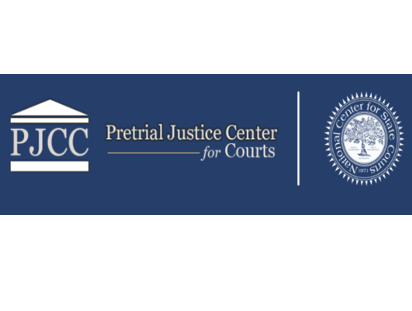
Advancing Pretrial Justice Initiative
February 1, 2024
Pretrial policies have undergone significant change and advancement over the last decade. In 2013, the Conference of Chief Justices (CCJ) and the Conference of State Court Administrators (COSCA) endorsed the COSCA Policy Paper on Evidence-Based Pretrial Release. CCJ and COSCA also hosted five Pretrial Regional Summits between May 2016 and November 2018 to facilitate the …
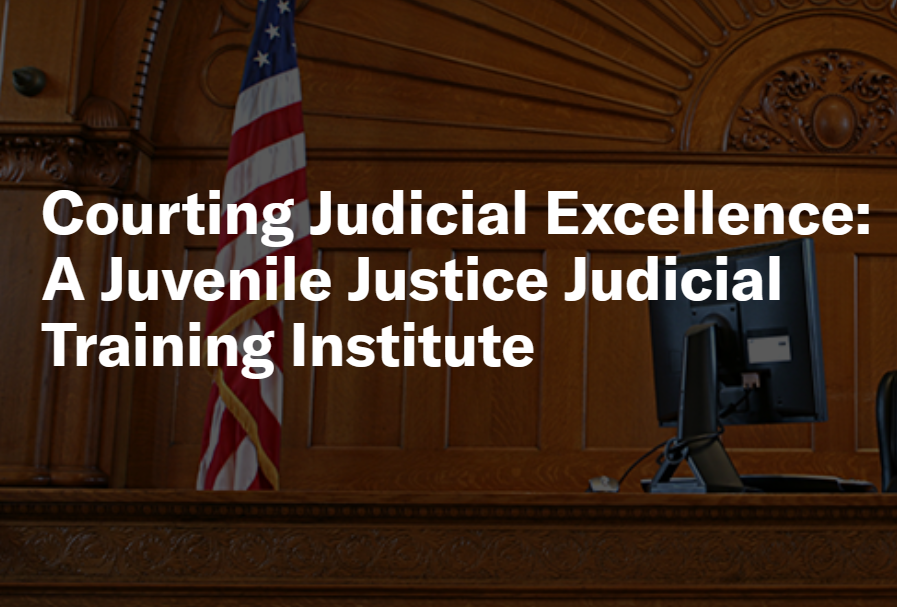
Juvenile Court Transformation: Intensive State Technical Assistance and a National Training Institute
January 1, 2024
Most states do not have specialized family court judges, let alone judges dedicated to delinquency cases. Even in states that do have a family court structure, juvenile justice often gets short shrift compared to child welfare in terms of court attention, resources, and improvement efforts. In addition, most states do not provide juvenile court judges …

